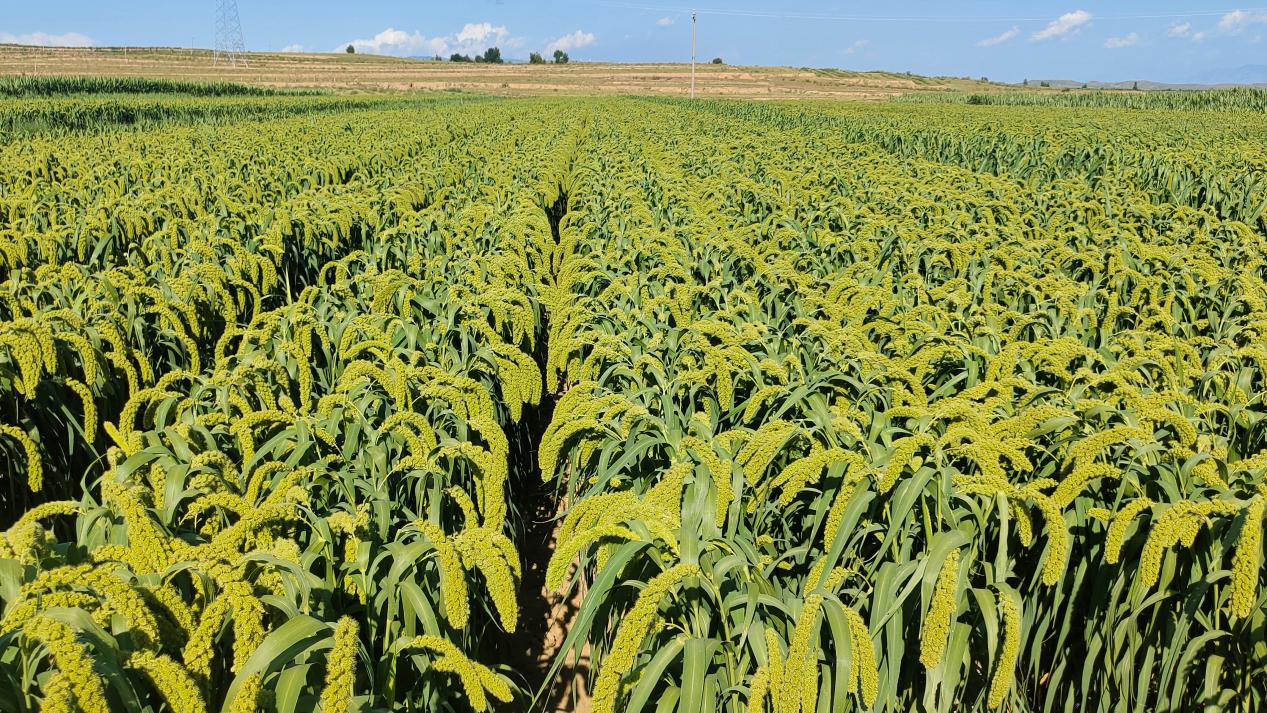
Jul . 31, 2024 18:47 Back to list
Exploring the Production and Applications of Humic Acid in Various Industries Worldwide
The Role of Humic Acid Factories in Agriculture and Environment
Humic acid is a complex mixture of organic compounds that play a significant role in soil health, agriculture, and environmental sustainability. Derived from the decomposition of organic matter, humic acid enhances soil structure, improves nutrient availability, and stimulates microbial activity, making it a vital component for effective agricultural practices. The establishment and operation of humic acid factories have become increasingly important in meeting the growing demands of the agricultural sector while promoting environmentally friendly practices.
Understanding Humic Acid
Humic acid is one of the primary components of humic substances, which also include fulvic acid and humin. It is characterized by its dark color and high molecular weight. Found naturally in soil, peat, and some aquatic environments, humic acid is a critical component for maintaining soil fertility and structure. Its ability to chelate nutrients allows plants to access essential minerals more efficiently, enhancing their growth and productivity.
In agricultural contexts, humic acid acts as a natural soil conditioner, improving the overall soil structure by increasing aeration and water retention. This is especially crucial in regions susceptible to erosion or degradation due to intensive agricultural practices. By promoting a healthy soil microbiome, humic acid also aids in disease suppression and enhances the resilience of plants against environmental stressors.
The Emergence of Humic Acid Factories
As the need for sustainable agricultural practices has risen, the demand for humic acid has prompted the establishment of specialized factories. These factories focus on the extraction, purification, and formulation of humic acid from various sources, including Leonardite, lignite, and other organic materials. The process involves mining these natural materials, followed by a series of treatments that isolate and concentrate the humic acid for commercial use.
humic acid factories

The establishment of humic acid factories not only creates products that can enhance agricultural productivity but also contributes to waste reduction
. Many factories utilize by-products from other industries, such as agriculture and forestry, turning organic waste into valuable soil amendments. This circular approach helps minimize environmental impact while simultaneously providing farmers with cost-effective solutions to improve their soil health.Benefits for Farmers and the Environment
Farmers utilizing products derived from humic acid factories can witness numerous benefits. Enhanced soil fertility leads to better crop yields, which is essential for feeding a growing global population. Additionally, humic acid helps in reducing the dependency on chemical fertilizers, contributing to more sustainable farming practices and potentially lowering production costs.
From an environmental perspective, humic acid plays a significant role in carbon sequestration. By improving soil structure and fertility, it encourages the formation of stable aggregates that help store carbon. This is crucial in the fight against climate change, as healthy soils act as carbon sinks, reducing greenhouse gas emissions.
Moreover, the use of humic acid can help mitigate water pollution. Through improved nutrient retention, excess runoff from agricultural fields is minimized, reducing the risk of nutrient leaching into water bodies. This not only preserves water quality but also supports aquatic ecosystems.
Conclusion
The rise of humic acid factories marks an important step towards sustainable agriculture and environmental stewardship. By harnessing the benefits of humic acid, these facilities contribute to enhanced agricultural productivity, improved soil health, and reduced environmental impact. As the agricultural industry continues to evolve, the role of humic acid in promoting sustainable practices will undoubtedly become increasingly vital, paving the way for a healthier planet and food system. The future of agriculture may very well depend on the continued innovation and integration of humic acid into farming practices, ensuring food security while nurturing the environment.
-
Organic 10-10-10 Fertilizer | Balanced Plant Nutrients
NewsJul.31,2025
-
Premium Amino Acid Fertilizer | Rapid Plant Growth Booster
NewsJul.31,2025
-
10 10 10 Fertilizer Organic—Balanced NPK for All Plants
NewsJul.30,2025
-
Premium 10 10 10 Fertilizer Organic for Balanced Plant Growth
NewsJul.29,2025
-
Premium 10 10 10 Fertilizer Organic for Balanced Plant Growth
NewsJul.29,2025
-
Premium 10 10 10 Fertilizer Organic for Balanced Plant Growth
NewsJul.29,2025
